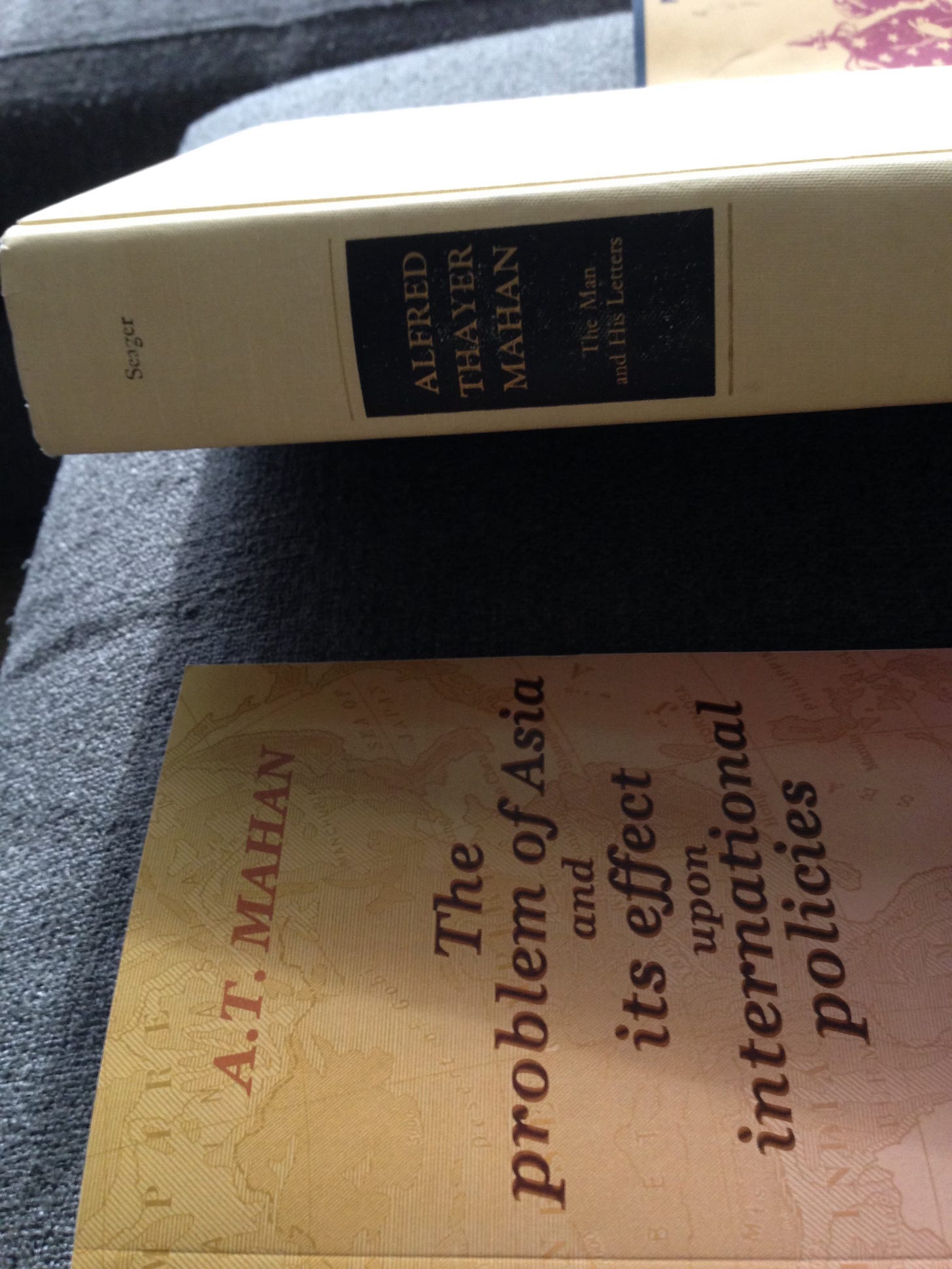Part II: The Dishonesty of Washington’s Sphere of Influence Debate
Hypocrisy at the core of debates about a global order predicated on “spheres of influence."

Spheres of influence are all the rage now. A piece in the New York Times is the latest—but hardly the first—claiming that what Trump and Vance seek is a world carved up into great-power spheres …

